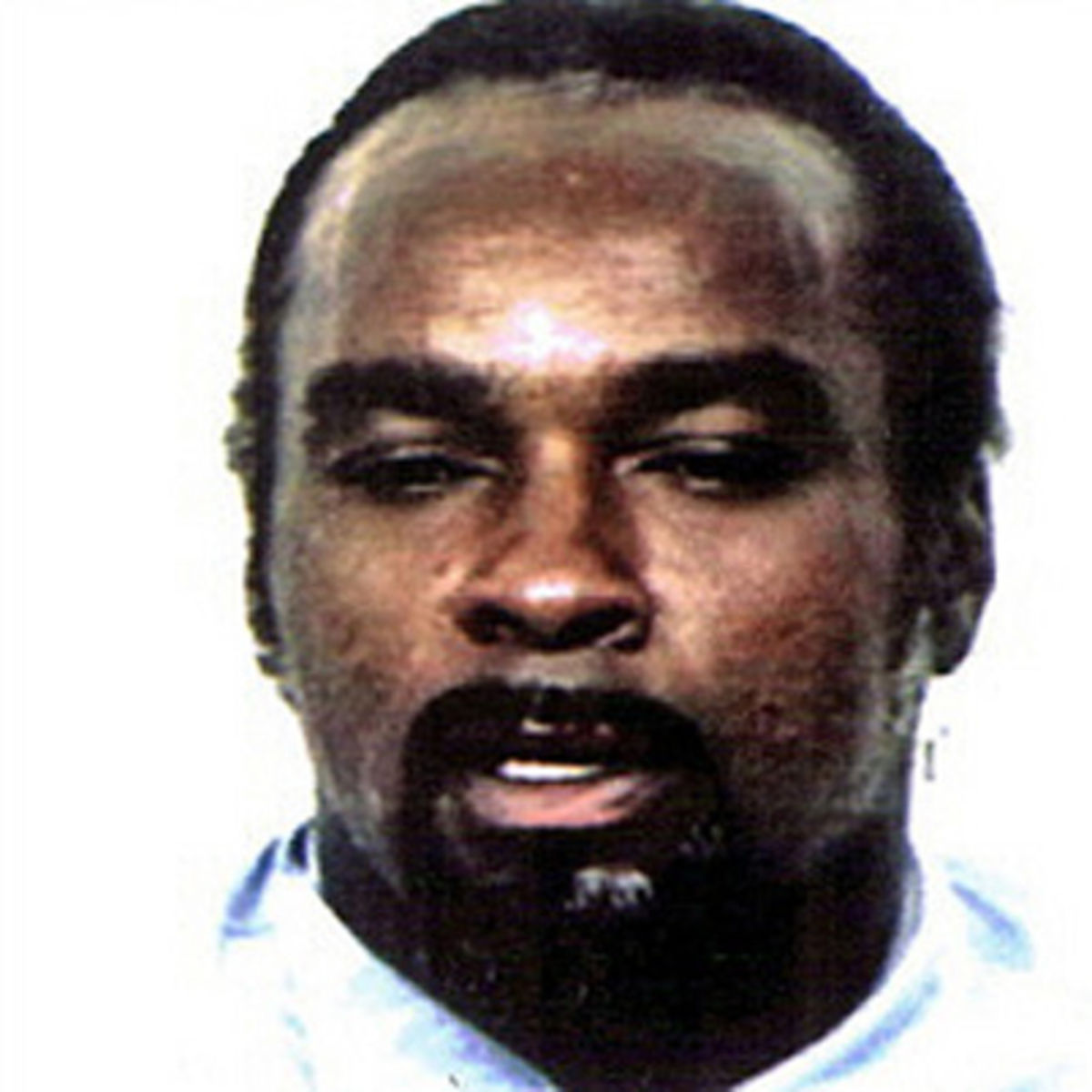Democracy Now! interview (2005)
Contexte: The death penalty, it's not a system of justice, it is a system of – a so-called system of justice that perpetuates a, shall I say, a vindictive type of response, a vigilante type of aura upon it. We’re talking about something that is barbaric. We’re talking about something that – it doesn't deter anything. I mean, if it did, then it wouldn't be so many – especially in California, we're talking about over 650 individuals on death row. And if it was a deterrent, this place wouldn't be filled like this. And it's an expensive ordeal that – the money, as you know, the monetary means comes out of the taxpayers' pocket.
Stanley Williams: Citations en anglais
Democracy Now! interview (2005)
Democracy Now! interview (2005)
Contexte: I’m talking to any youth who are considered to be or deemed to be at-risk or even hinting around being a thug or a criminal of any type of genre. I mostly propagate education and the need for it, because to me, that is the terra firma in which any human being must stand in order to survive in this country or to survive anywhere in the world, in dealing, you know, with every aspect of civilization, every aspect of surviving. Education is very important. It took me all of these years to discern that, and now I do.
Democracy Now! interview (2005)
Contexte: And for anyone to think that murder can be resolved by murdering, it's ridiculous. I mean, we look at all of the wars that we have throughout other countries and other nations, and all it does is – this violence, all it does is engender violence. There seems to be no end, but a continuous cycle, an incessant process of blood and gore that doesn't end. And through violence, you can't possibly obtain peace. You can, in a sense, occupy a belief of peace; in other words, through this mechanism of violence, you – it appears that because there is a standing army or standing police that is used in brutality or violence or a system that uses brutality or violence that that is going to totally eliminate or stop criminous behavior or criminous minds or killings or what have you, but it doesn't.
Democracy Now! interview (2005)
Contexte: Between the years of 1988 to 1994, and it's a continuous — it's an incessant reality for me. My redemptive transition began in solitary confinement, and unlike other people who express their experiences of an epiphany or a satori, I never experienced anything of that ilk. Mine — that wouldn't have been enough. I often tell people that I didn't have a 360-degree turnaround; I had a 720-degree turnaround. It took me twice as much. Just one spin around wouldn't have done it. I was that messed up, that lost, that mentacided, brainwashed. So, I was able to gradually in a piecemeal fashion change my life slowly but surely through education, through edification, through spiritual cultivation, battling my demons. And eventually, that led to me embracing redemption.
Democracy Now! interview (2005)
Democracy Now! interview (2005)
Democracy Now! interview (2005)
